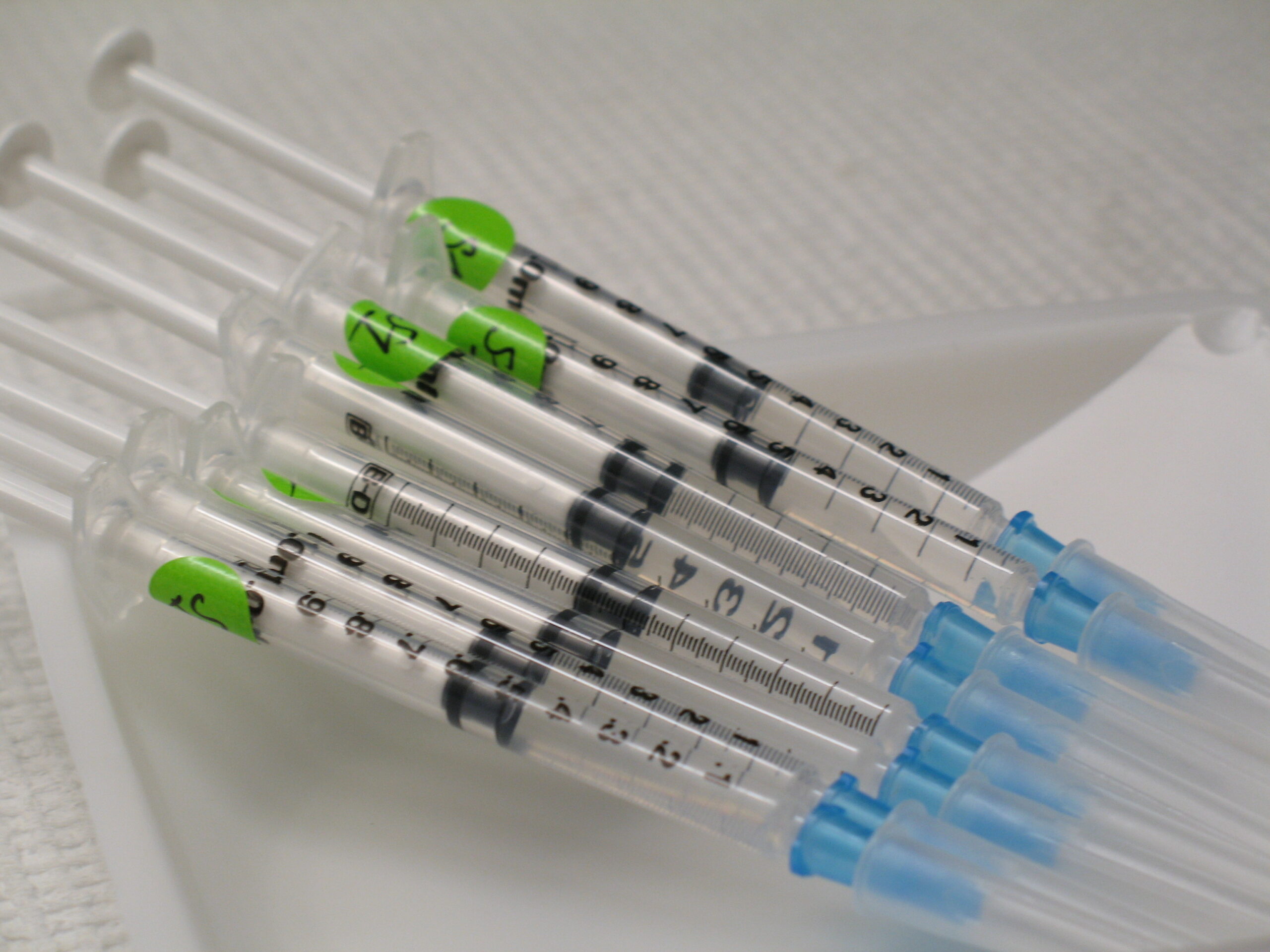While the World Health Organization hopes to eliminate hepatitis C infections by 2030, England’s National Health Service (NHS) has a more ambitious goal: earlier this week, they inked an agreement with major pharmaceutical players to eliminate this major public health issue by 2025 or sooner.
Viral hepatitis is one of the three main causes of liver disease, which in turn is one of the top five causes of premature death, according to NHS England. The hepatitis C virus (HCV) can be spread through blood-to-blood contact, often through sharing unsterilized needles. People with HCV infection may not present with symptoms early on in the infection, but the flu-like symptoms can be mistaken for other conditions. As a result, patients may suffer irreversible liver damage which could require a liver transplant by the time they seek treatment.
“It’s not often that the opportunity arises to completely eradicate a disease, but now the NHS is taking practical action to achieve exactly that,” said Simon Stevens, Chief Executive of NHS England, in a statement.
The $1.3 billion-deal brings the pharmaceutical expertise of Gilead, Merck and AbbVie with the strategic initiatives of NHS England to make this vision possible. These efforts supplement the national healthcare system’s recent progress in curbing HCV infections — having already established 22 operational delivery networks for improved treatment access in England in 2015 and developed a hepatitis C patient registry that records epidemiological information. The NHS England reports that 30,000 individuals have already benefited from HCV drugs, dropping death rates by 16 percent between 2015 to 2017.
The initial plan to eliminate hepatitis C was mobilized last year, but start dates were delayed by six months owing to legal action by AbbVie. However, a High Court ruling backed the NHS’ plan in January, leading up to the agreement on April 30, 2019.
“The new procurement allows us to prescribe all of the available treatments for hepatitis C and the increased focus on case finding will allow us to expand services to the most vulnerable in our society,” said Professor Graham Foster, National Clinical Chair for hepatitis C at NHS England.
This procurement approach enables NHS England to negotiate better prices for patients and taxpayers and has garnered cost savings of £300 million from previous deals. According to the agreement, Gilead, Merck and AbbVie will provide five HCV infection drugs and work with local health groups to improve access to diagnostic and treatment services.
Recent approvals of various HCV infection drugs in the EU could spell improved patient access to the latest treatments. Gilead’s Vosevi (sofosbuvir), an oral drug for the treatment of all HCV genotypes, received European Medicines Agency (EMA) market approval in 2017, making it the fourth sofosbuvir-based treatment available in the EU. Recently, the US Food and Drug Administration (FDA) approved AbbVie’s Mayvret (sold as Maviret in the EU) for all genotypes of HCV in children. In the EU, Maviret is approved to treat adults with major genotypes of HCV. Merck’s Zepatier (elbasvir), approved by the EMA in 2016, also has specific indications for adults with chronic infection by specific HCV genotypes.
This new deal might signify refreshed interest in hepatitis C R&D, following weaker sales reported by market leader Gilead in 2017 and cuts to hepatitis C funding by Johnson & Johnson and Merck.












Join or login to leave a comment
JOIN LOGIN